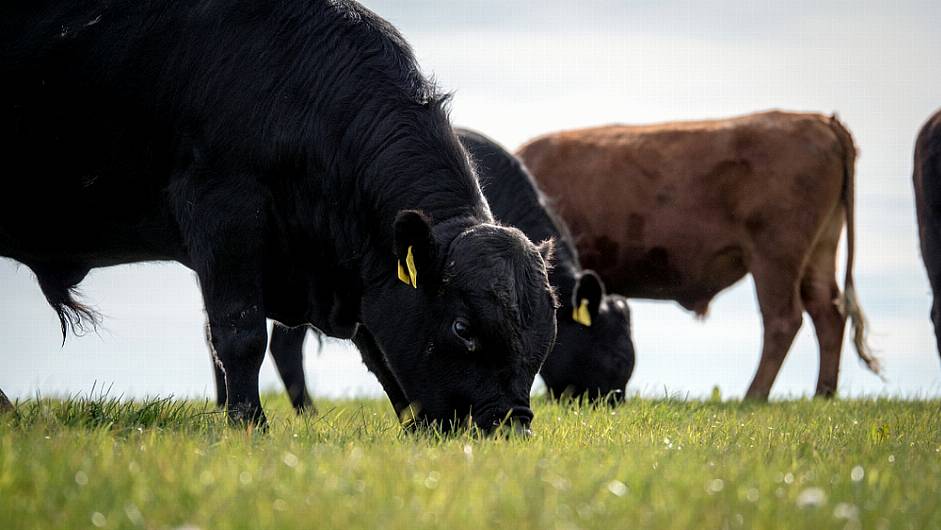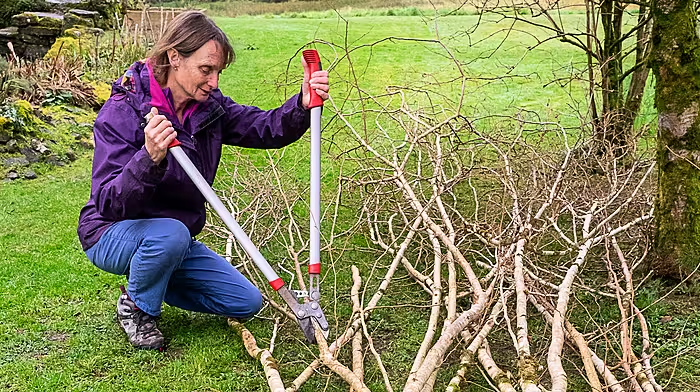BY SARAH CANTY
THE Department of Agriculture has issued a warning on the prevalence of the cattle disease known as ‘blackleg’.
The Department said that veterinary laboratories have noted a sharp increase in the prevalence of the disease, which is also known as clostridium chauvoei, in cattle referred to them for post-mortem, with some quite large outbreaks in farms around the country with no prior history of the disease.
A report on RTÉ’s Morning Ireland last week said there had been a ‘spike’ noted in the south of the country.
Dr Mícheál Casey, head of regional veterinary laboratories, said that where typically there would be four or five cases reported in a month during the summer, this July saw ten cases reported, and in the first week of August there were already eight cases, with more still unconfirmed in the system.
He said that what was more striking was that farmers and vets were describing up to eight or nine deaths, when it would usually only be a sporadic single incident.
However, blackleg is ‘frequently fatal’ for cattle and the only solution is for farmers to access vaccinations.
Blackleg is a common disease of cattle worldwide, causing acute muscle damage and usually seen as either sudden death, or death after a short illness.
The disease is caused by the consumption of clostridial spores from soil, which remain dormant in muscle until bruising, torn muscles, or certain unknown metabolic factors cause the conditions in the local tissues that allow the spores to germinate, and cause the disease, normally with fatal consequences. Affected animals are often found dead.
A West Cork vet told The Southern Star that the disease is largely down to poaching of ground due to the wet spring, resulting in more soil being exposed and ingested. This summer’s conditions haven’t helped. ‘It’s a clostridial disease known as tetanus in horses. There is very little chance of survival if an animal gets it,’ he said.
While the factors causing these large outbreaks are unclear, prevention is very straightforward, as multivalent clostridial vaccines are extremely effective when used properly, with several brands and suppliers to choose from.
It is important to follow manufacturers’ instructions on the primary course and booster regime, which is simple to implement, but crucial to ensure maximum effectiveness. Farmers are encouraged to consult their veterinarian for specific advice on diagnosis and prevention of blackleg on their farms.










